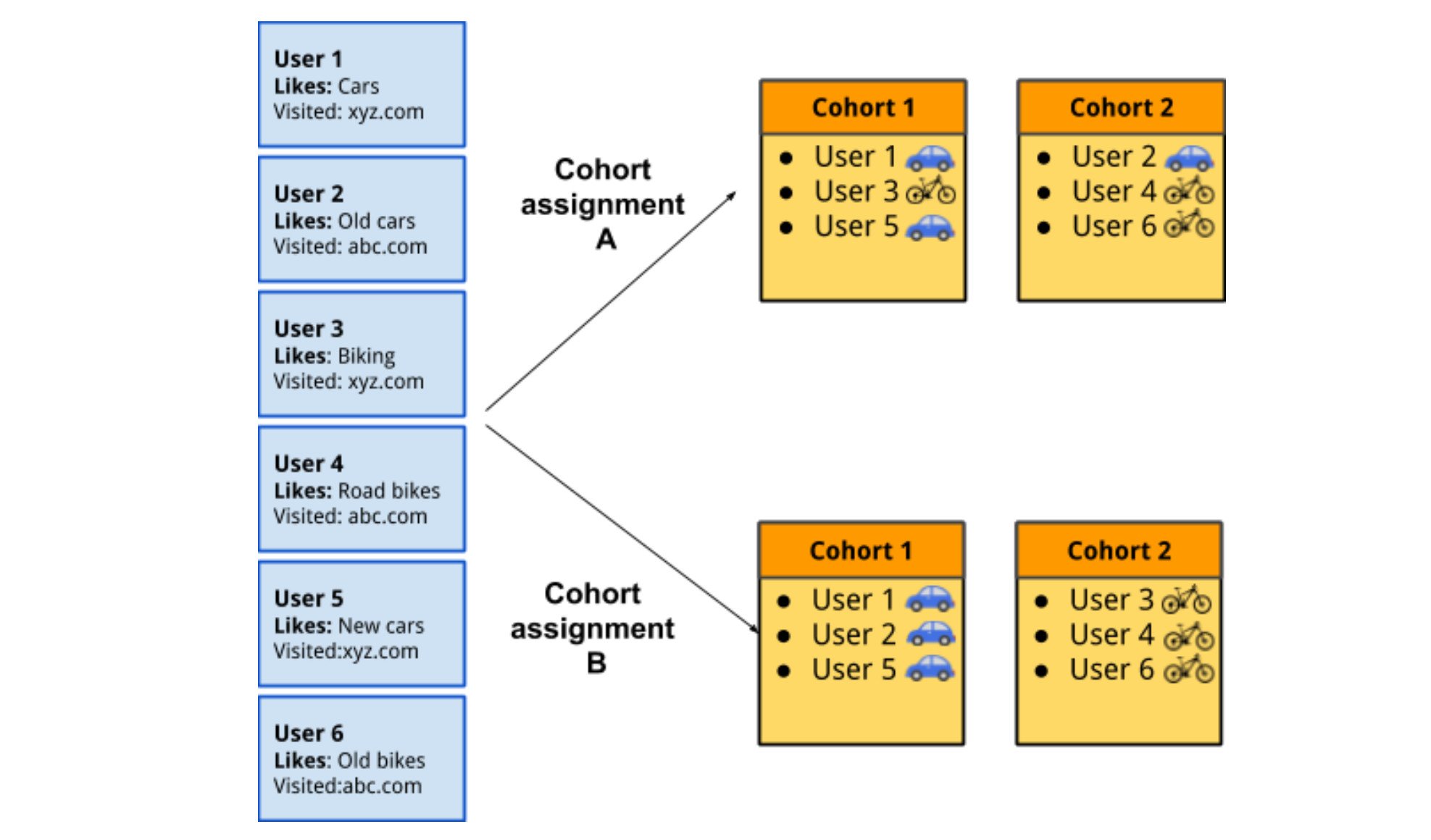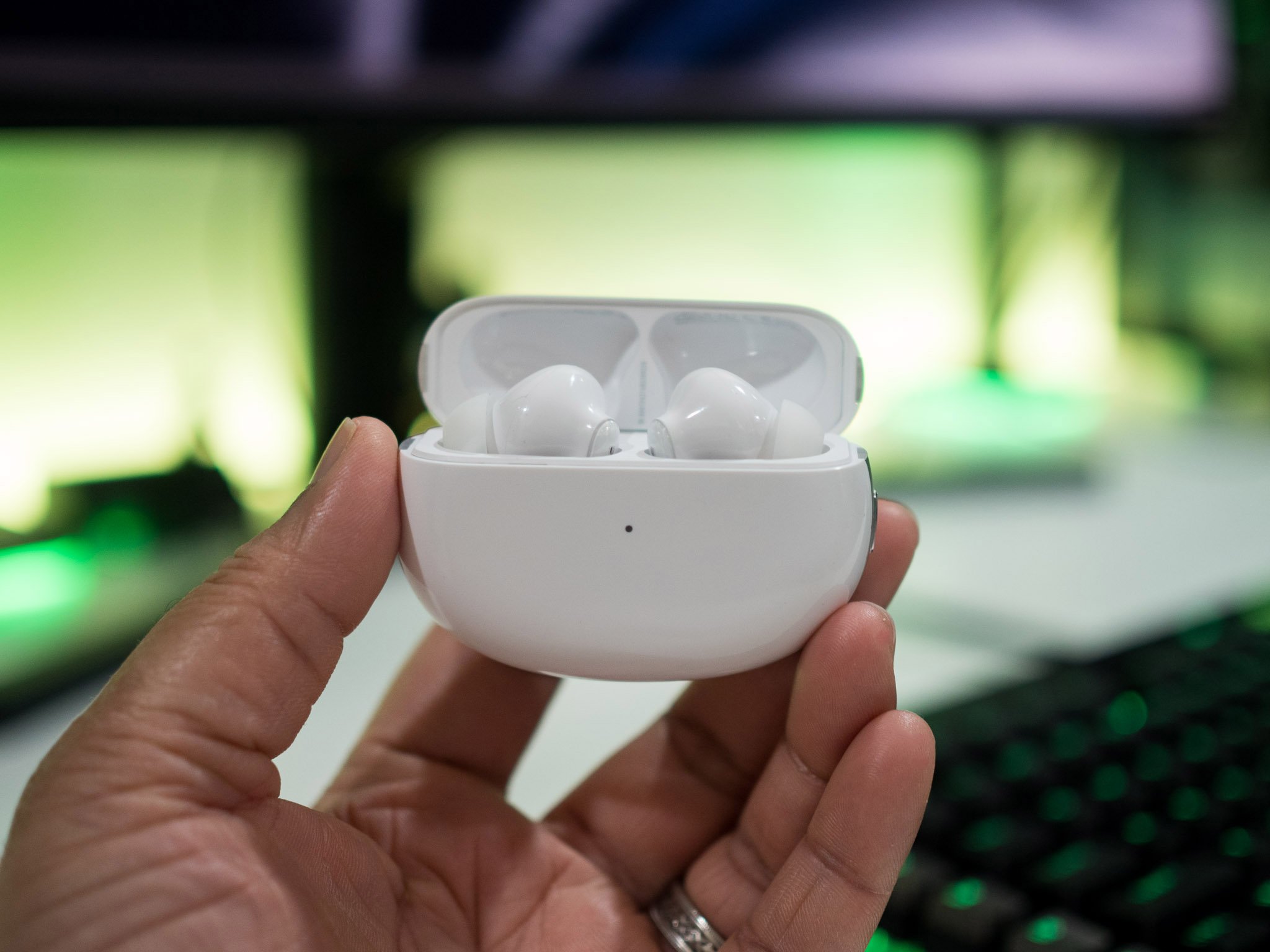Google is actually trying to make the web more private - Android

New technology will attempt to merge anonymity and user interests to make our web browsing more private.
Every time we browse the internet on even the best Android phone or any other device, we're being tracked by advertising companies, including the biggest of them all: Google. The good news is that Google plans to stop selling interest-based ads that rely on individual user-tracking across the web as part of its Privacy Sandbox program, and it and plans to begin testing as early as Q2 of 2021.
As the biggest digital-advertiser, Google has the responsibility to make the industry better.
Google is the world's largest digital advertising company and in 2020, over 50% of global ad sales were made through the company, so the stakes are high. Google seems to be optimistic about how it can shift not only how it supplies interest-based ads but is confident that this could trigger a major shift across the industry as a whole.
To be clear, the only way to offer ads based on your interests and browsing habits is to track them, but Google's new goal is to stop tracking us as individuals and instead lump us into groups based on interests. It all starts by taking third-party cookies out of the equation when using Google products.

A third-party cookie is a small tool that tells a website or a company about when and where you're visiting on the internet. They're a vital tool to the way companies that offer interest-based ads operate and they offer far too much information to advertisers than we should want to share.
There are plenty of things worse than tracking cookies.
Unfortunately, stripping tracking cookies out of the picture leaves an even worse alternative: fingerprinting. That's when specific characteristics of your phone or computer are gathered in order to create a unique ID that points directly to the device itself. This is even worse than using cookies because it can be difficult or even impossible to "erase" your fingerprint or create a new one. Google says it will not build out any alternative identifiers to track users once it stops support for third-party cookies.
Without a new alternative, this means either digital advertising withers and dies, or another company invents new ways to track users. Google wants to be that company, but it wants to do it by proposing a new set of web standards with support from developers across the entire industry. In conjunction with new easy-to-understand controls over cookies in the Chrome browser, the company thinks it can keep its main business just as profitable while protecting our privacy.
Cohorts

The most ambitious change is something known as FLoC. Short for Federated Learning of Cohorts, FLoC is a way to use encrypted data to place a user into a specific group of users who share the same interests. Using local data, a web browser could create an encrypted string. Based on that, we would be placed into a group (our cohorts) with users who have the same or similar string. Advertisers could then target users based on the groups they fall into.
Early testing shows FLoC based targeting to be as effective as using tracking cookies.
It's an extremely complex procedure that provides some tangible benefits. The way a group ID is created doesn't depend on data from any individual, there is no need to keep any sort of centralized database of user information, and even without the first two things in this list being true, all users inside a group will share similar interests. it's also expandable and could be built in a way that places a user into multiple groups with each being based on a single interest. Best of all, it is anonymous.
There is a problem to overcome, though. For this method to be effective, the group size has to be big enough. If a group consists of only a small number of users it isn't very anonymous. But Google has an idea to solve this, too, and it involves a server that only tracks the size of groups. If a group is under a certain size, the FLoC APIs could be blocked from returning a result when a website is visited.

It is as complicated as it sounds, but if we are ever to get the online privacy we all deserve it's something that has to be sorted out. Google's director of product management for ad privacy and trust David Temkin says that "over 81% of internet users say that the potential risks they face because of data collection outweigh the benefit." It's clear that products like web browsers must evolve to meet concerns of how personal identity is used and misused.
Public testing on the new tech starts soon.
Early tests of the FLoC design show it's similar to using cookies when it comes to effectiveness for both advertisers and users. As much as we dislike ads, interest-based ads can be beneficial. Taking personal identifying data out of the picture and instead targeting a large group based on data processed locally is a big step towards making that happen.
Public testing of FLoC based cohorts in Chrome will be made available in March 2021 with the next release and testing with advertisers will begin in Q2 2021. Hopefully, Google can sort this out in a way that the industry can get behind and it will make the web a safer and more private place.
03/03/2021 09:06 PM
Everything announced in Sony's March 2021 PSVR spotlight
03/03/2021 09:43 PM
Zynga buys the studio behind 'Torchlight 3'
03/03/2021 01:52 PM
OPPO Enco X review - Outstanding sound, amazing value
03/03/2021 06:00 AM
One UI 3.1 Is Now Rolling Out To The Galaxy Note 10 Lite
03/03/2021 02:08 PM
WhatsApp May Soon Add Self-destructing Images Feature
03/03/2021 06:19 PM
AT+T becomes latest carrier to bring Android 11 to the LG V60
03/03/2021 07:23 PM
You can make DraftKings sports bets using your Dish DVR
03/03/2021 10:25 AM
- Comics
- HEALTH
- Libraries & Demo
- Sports Games
- Racing
- Cards & Casino
- Media & Video
- Photography
- Transportation
- Arcade & Action
- Brain & Puzzle
- Social
- Communication
- Casual
- Personalization
- Tools
- Medical
- Weather
- Shopping
- Health & Fitness
- Productivity
- Books & Reference
- Finance
- Entertainment
- Business
- Sports
- Music & Audio
- News & Magazines
- Education
- Lifestyle
- Travel & Local





